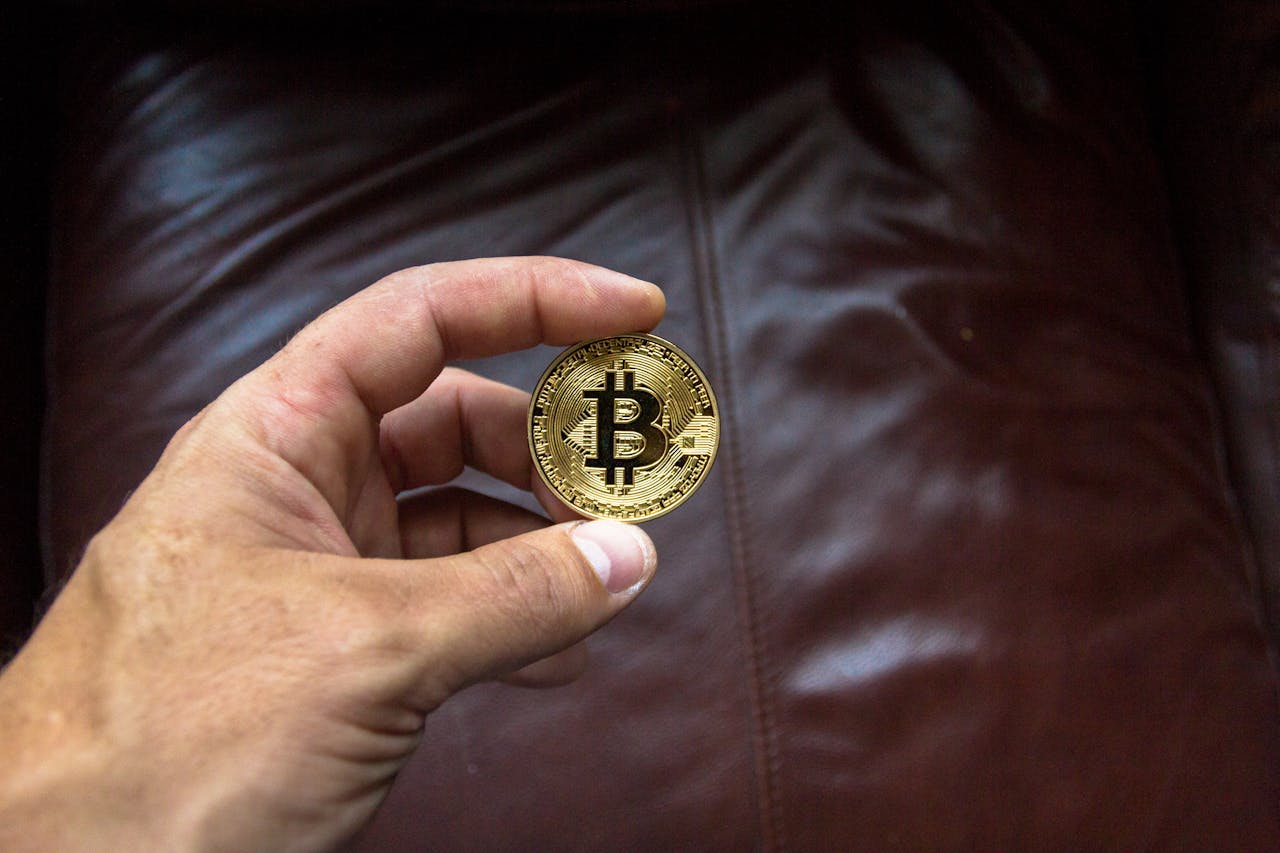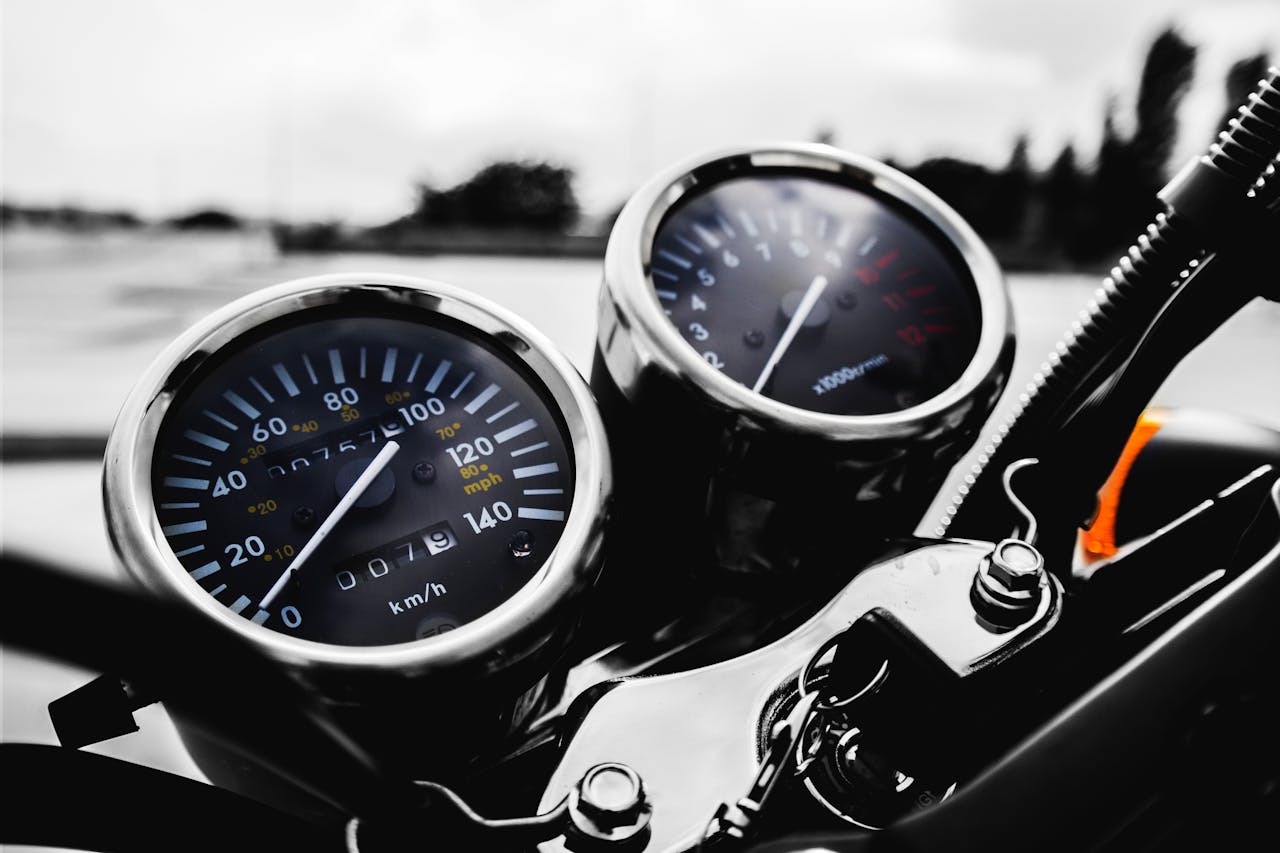

Malaysia’s automotive parts industry includes more than 600 local auto component manufacturers, and it logged a growth of more than 40% in 2022 after two years of decline due to the COVID-19 pandemic. The country is the third largest automotive sales market in the ASEAN, and Malaysia’s OEM automotive market is projected to grow with a compounded annual growth rate (CAGR) of 11.5% from 2020-2025 to hit a revenue of 6.8 billion US dollars by 2025.
The Malaysian Prime Minister launched the National Automotive Policy in February 2020, with the goal of increasing research and development in the country’s automotive industry, as well as strengthening manufacturing processes and value chains among local producers. These plans were meant to elevate Malaysia’s automotive parts industry to become a major contributor to the development of the country’s economy.

Automation and digitalization are increasingly being adopted by auto components manufacturers in Malaysia. Advanced technologies such as AI and robotics are being rolled out in production plants to increase efficiency among manufacturing companies. The use of lightweight materials like aluminum, carbon fiber, and plastics is also increasing to reduce the weight of auto parts and enhance fuel efficiency for vehicles.
The government continues to promote the focus on research and development in the automotive market in Malaysia. Manufacturers are increasing their spending in R&D to be able to keep up with global demands and adopt connected mobility technologies for Next-Generation Vehicles (NxGVs), mobility-as-a-service (MaaS), and Industrial Revolution 4.0.
The increasing demand for electric vehicles (EVs) is also pushing automotive parts manufacturers in Malaysia to leverage opportunities. Instead of manufacturing EVs, the country’s producers are focused on manufacturing parts like batteries, electric motors, and power electronics for EVs.
Car servicing companies are also offering upgraded services to keep up with consumer demands in Malaysia. Live end-to-end updates, service tracking, online booking, and round-the-clock grievance redressal are becoming more common among these businesses.
Malaysia's strategic location in the ASEAN makes it an ideal hub for automotive parts manufacturing in the region. Paired with strong government support and technological advancements, the local industry is poised to keep growing in the coming years. It also provides a favorable investment environment for those looking to expand and enter the OEM automotive market in the region.
The global rise of EVs creates opportunities for automakers to invest in the production of EV parts. Malaysia is an attractive location for EV parts manufacturing, given its existing market and the manufacturing capacity already in place in the country. Increasing automation and digitalization among automotive parts manufacturers also provides an avenue for investors looking to enter Malaysia’s automotive market. Enabling manufacturers with technologies will help increase productivity in the industry.
As the global automotive market continues to evolve, Malaysia is in a great position to leverage opportunities. The growing demand for OEM automotive parts and electric and digitized transportation systems will allow the country’s automotive parts industry to develop its supply chain and become a leader in manufacturing globally.

The Latest Developments in Cryptocurrency Adoption in SEA
The cryptocurrency market in Southeast Asia (SEA) has seen exponential growth in recent years. The revenue of cryptocurrency in the region was around USD 1,384 million in 2023 and is expected to grow by USD 1 million in the next four years. Countries like Indonesia, Singapore, and the Philippines are at the forefront of this digital revolution. The region's young, tech-savvy population, coupled with increasing internet penetration, has created a fertile ground for the adoption of cryptocurrencies. Currently, the crypto market in SEA is valued at several billion dollars, with projections indicating continued growth.

An Overview of the Halal Cosmetics Market in Malaysia
The halal cosmetics market in Malaysia has been experiencing significant growth. It is driven by a combination of increasing consumer awareness, government support, and the rising demand for halal-certified products among both Muslim and non-Muslim consumers.

How Digital Marketing is Transforming the Automotive Lubricants Market in Southeast Asia
In recent years, digital marketing has emerged as a transformative force in the Southeast Asian (SEA) automotive lubricants market. The region's rapidly growing internet penetration and increasing smartphone usage have created fertile ground for innovative digital strategies. This evolution is reshaping how companies engage with customers and streamline their operations, offering numerous opportunities for growth and efficiency.

Exploring New Business Models for a Sustainable Future
Transitioning towards new sustainability business models can help companies drive positive change and contribute to a more sustainable future.